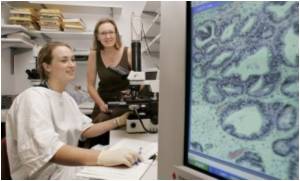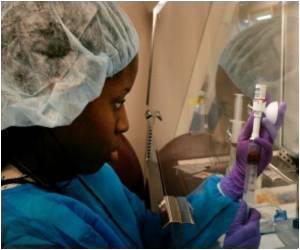
Cells respond to inflammation by producing cytokines, which are cellular signaling protein molecules that allow for intercellular communication. Cytokines, such as TNF-alpha for example, bind to specific receptors on cellular membranes, activating an intracellular signaling process.
In this study, researchers looked at a gene called GPS2, which was previously known to regulate gene expression in the nucleus. This study found that GPS2 plays a critical role at the cellular membrane level to negatively regulate the signaling cascade activated by TNF-alpha. As a result, they observed that increasing GPS2 levels was sufficient to impair the response to TNF-alpha, resulting in a decreased inflammatory response.
Given this information, the researchers then examined whether having more GPS2 in fat tissue would help reduce the development of insulin resistance in conjunction with obesity. The results were promising as insulin signaling in the fat tissue was greatly improved. However, overexpression of GPS2 in the nucleus also had a negative effect on liver function.
"Our study demonstrates that GPS2 plays an important regulatory function in mitigating inflammation," said Perissi, who served as the study's senior author. "These findings have uncovered a potential new target for therapeutic treatments against diseases such as type 2 diabetes and metabolic syndrome, but more research needs to be done to better understand how GPS2 is regulated and whether we can specifically target its anti-inflammatory role."
Source-Eurekalert









